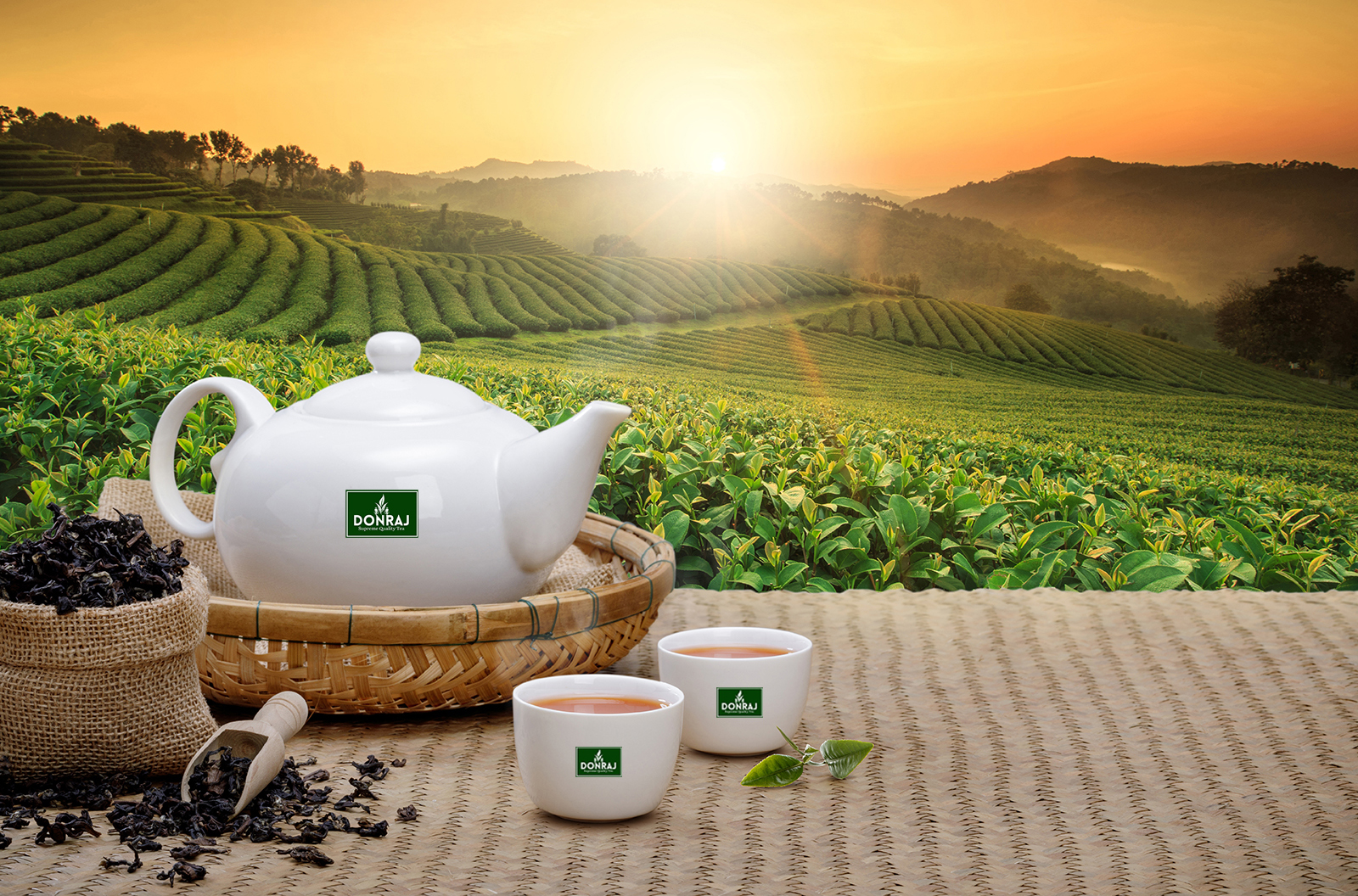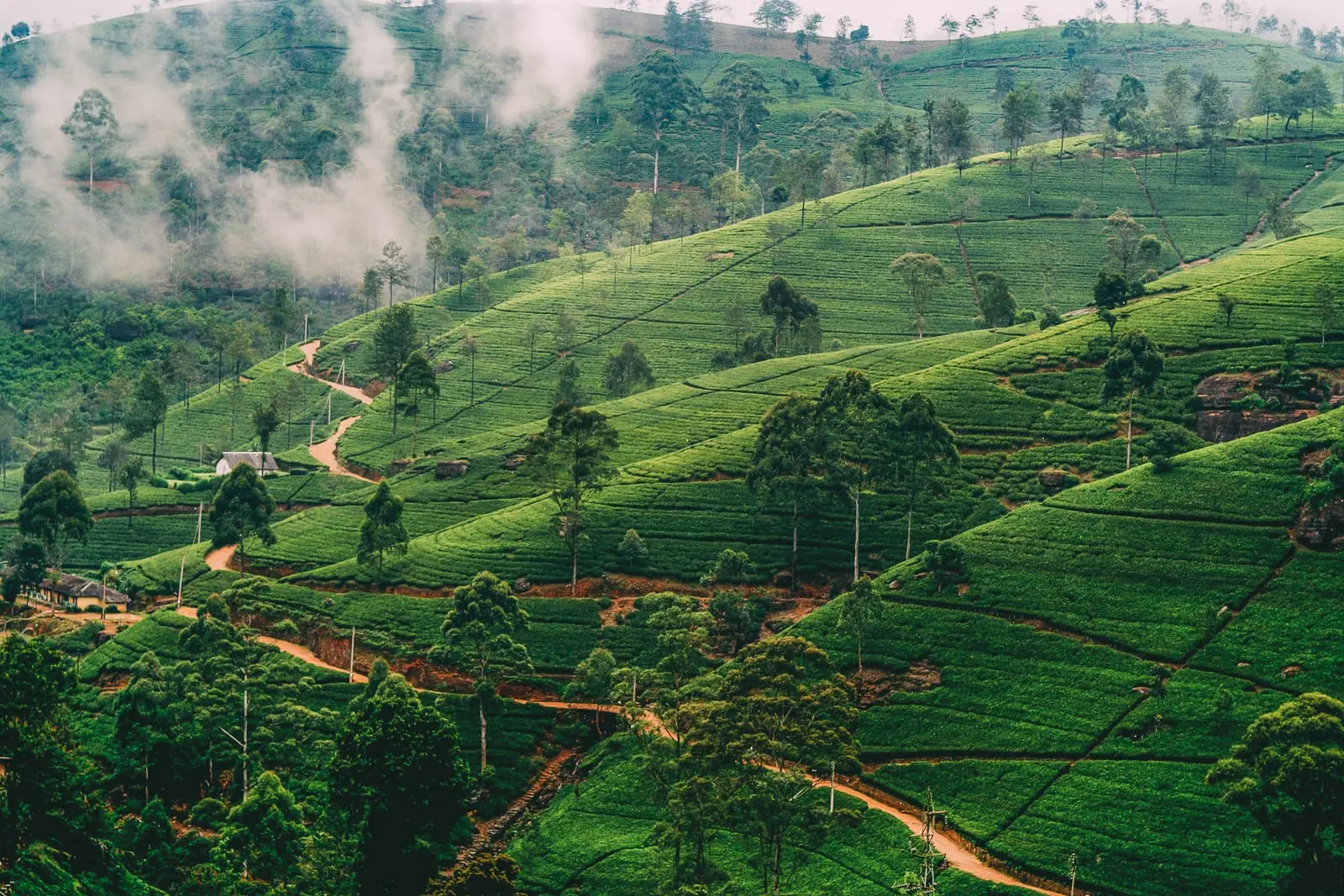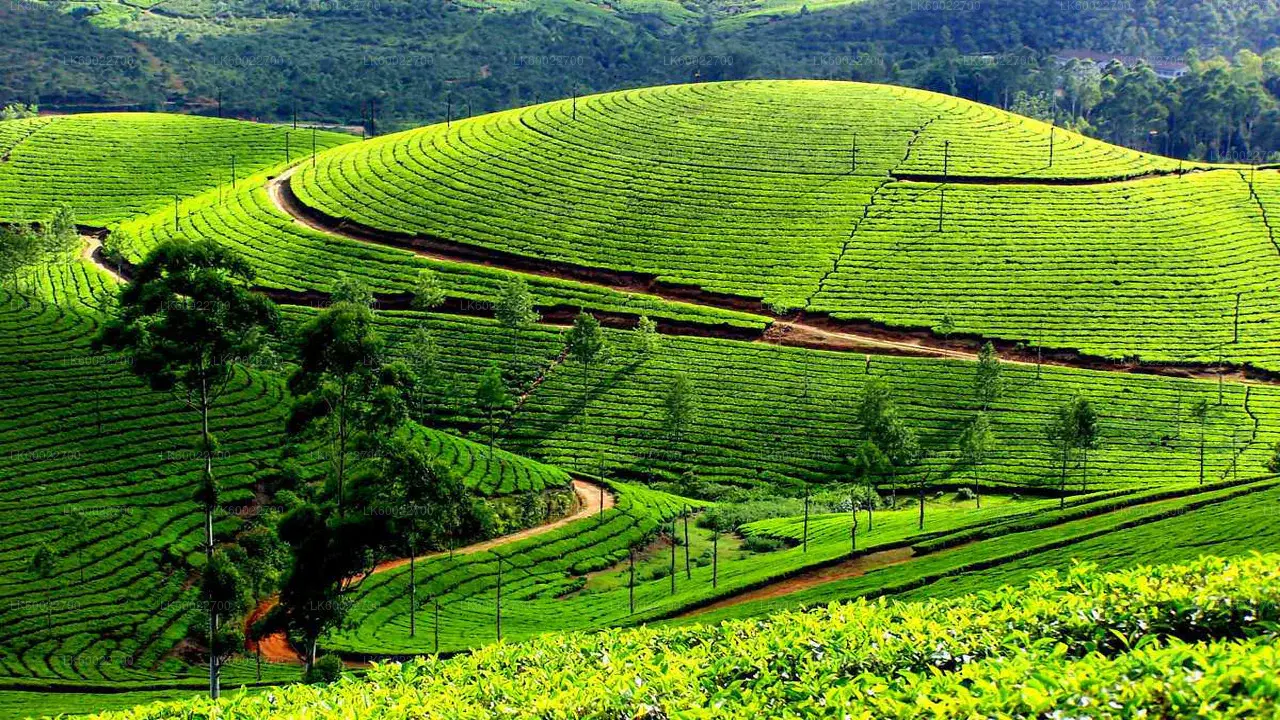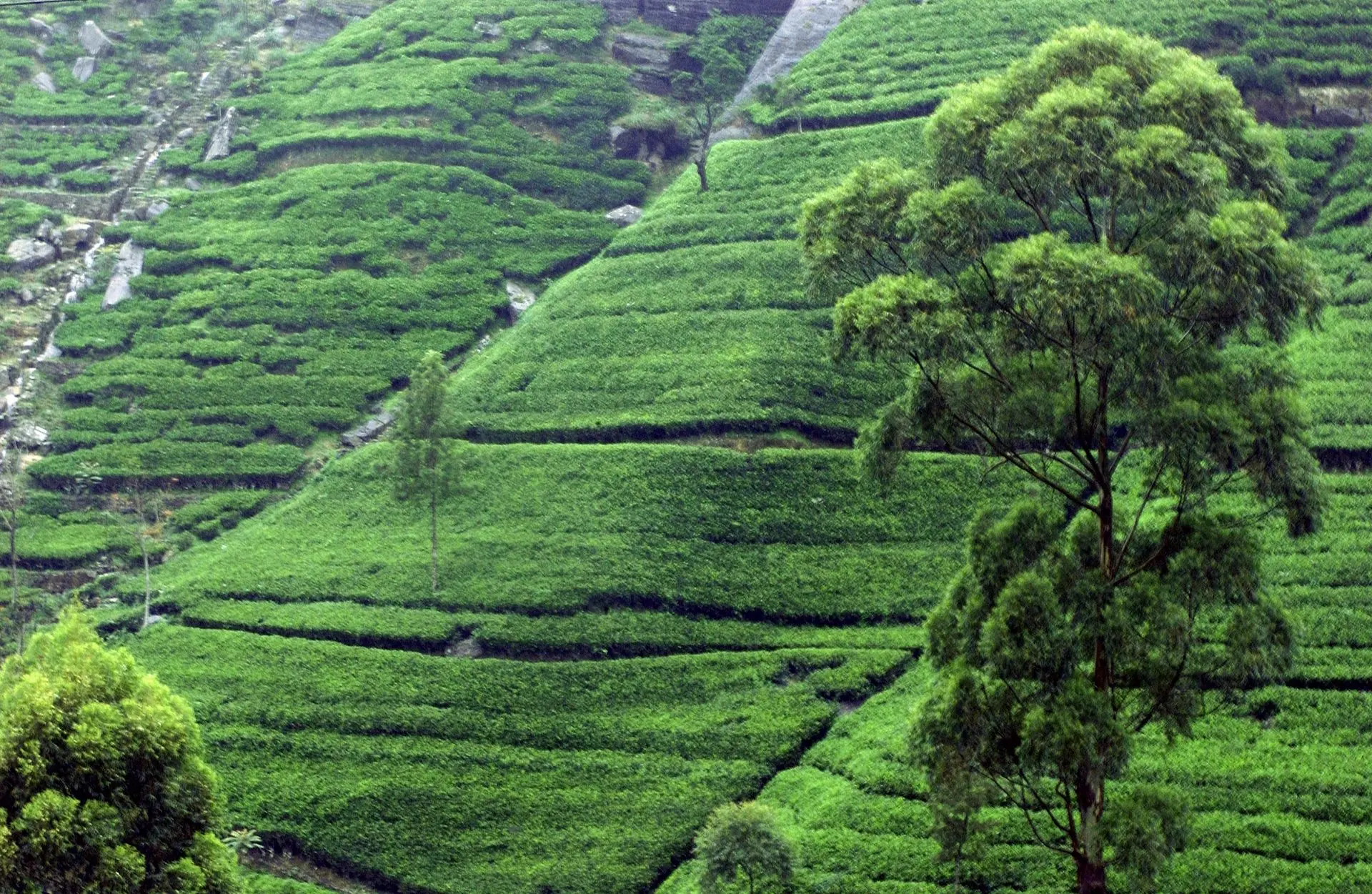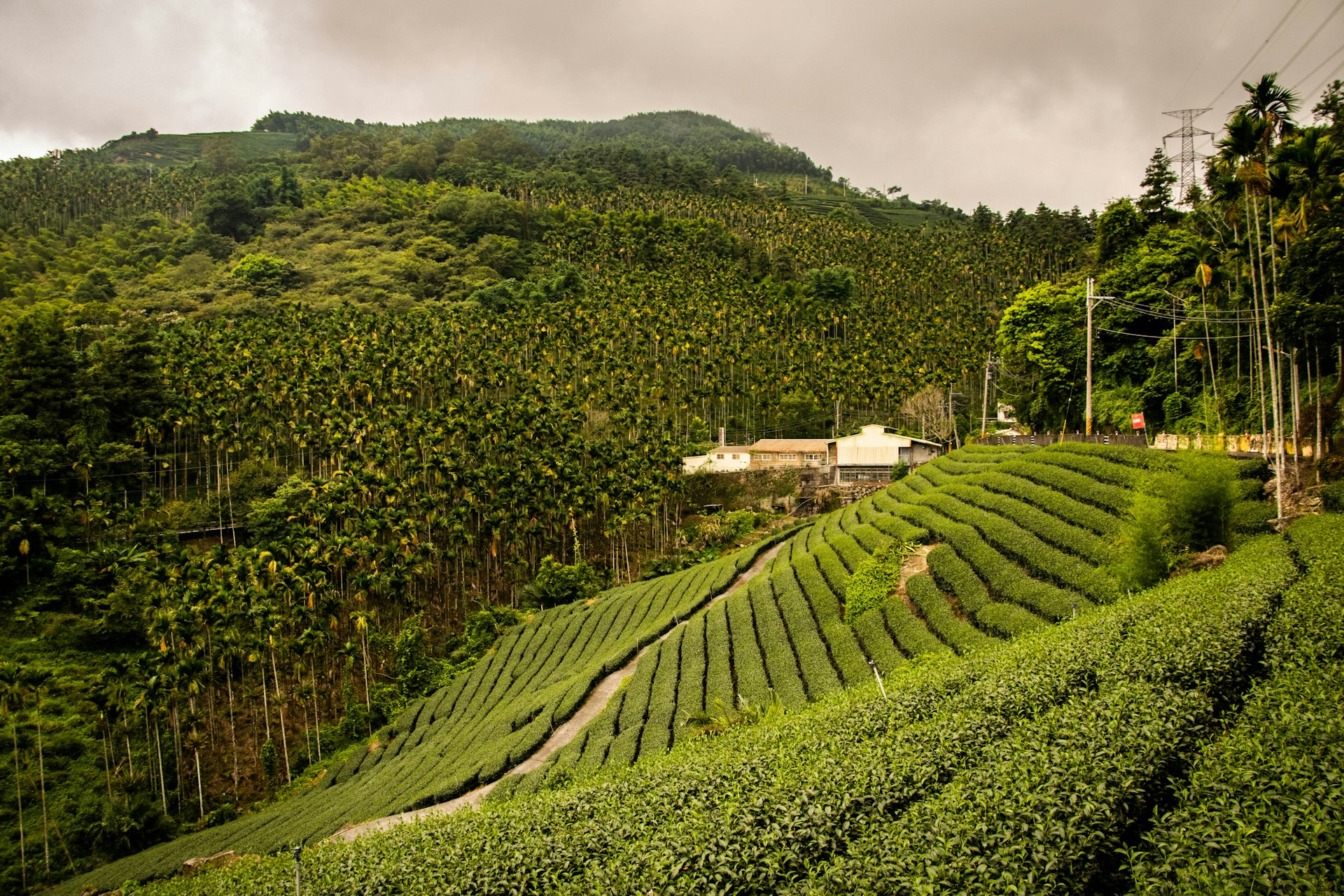At Donraj Teas, we take immense pride in offering premium Ceylon teas that capture the essence of Sri Lanka's diverse landscapes. The unique flavors of Ceylon tea are profoundly influenced by the terroir—the combination of soil, climate, and elevation—of each tea-growing region. In this blog, we'll delve into how soil composition plays a pivotal role in shaping the distinctive taste profiles of Ceylon teas.
The Essence of Terroir in Tea Cultivation
Terroir, a term borrowed from the French wine industry, refers to the environmental factors that affect a crop's characteristics. In tea cultivation, terroir encompasses soil type, climate, altitude, and topography. Among these, soil composition is a critical determinant of the mineral content absorbed by tea plants, directly influencing flavor nuances.
Soil Composition Across Ceylon's Tea Regions
Sri Lanka's tea-growing regions are characterized by varied soil types, each imparting unique qualities to the tea produced. Here's an overview of how soil composition affects tea flavors in some renowned regions:
Nuwara Eliya Region
Situated at elevations around 6,100 feet, Nuwara Eliya is known for its cool climate and rich, loamy soils. The high organic matter and well-draining nature of the soil contribute to teas with a delicate, floral flavor profile and a light, brisk character. The unique terrain and climate collaborate to produce some of the finest and most celebrated teas in the world.
Kandy Region
Located at elevations between 2,000 and 4,000 feet, Kandy's mid-country terrain features soils rich in minerals, thanks to the region's ancient rock formations. This mineral-rich soil yields teas with a bright infusion and strong flavor, often accompanied by subtle spice notes. The soil composition and climate of the region produce a Ceylon tea variety with a distinct flavor, color, and aroma.
Uva Region
The Uva region's soils are a mix of clay and gravel, enriched with minerals from the underlying bedrock. This composition, combined with the region's unique climatic conditions, produces teas with a distinctive flavor profile, often described as possessing a unique pungency and a hint of wintergreen. The soil composition and climate of the region produce a Ceylon tea variety with a distinct flavor, color, and aroma.
How Soil Influences Tea Flavor
The mineral content and texture of the soil affect the nutrients available to tea plants, which in turn influence the chemical composition of the tea leaves. For instance, soils high in iron and magnesium can enhance the briskness and brightness of the tea, while those rich in potassium may contribute to sweetness and depth in flavor. Additionally, well-draining soils prevent waterlogging, ensuring that tea roots receive adequate oxygen, which is essential for the development of complex flavor compounds.
Donraj Teas: A Celebration of Terroir
At Donraj Teas, we honor the profound connection between soil and flavor by sourcing our teas from estates that exemplify the unique terroirs of Sri Lanka. By understanding and appreciating the role of soil composition, we ensure that each cup of our Ceylon tea offers an authentic taste experience, reflective of its origin.
Explore our diverse range of Ceylon teas and embark on a journey through Sri Lanka's rich and varied tea landscapes.
